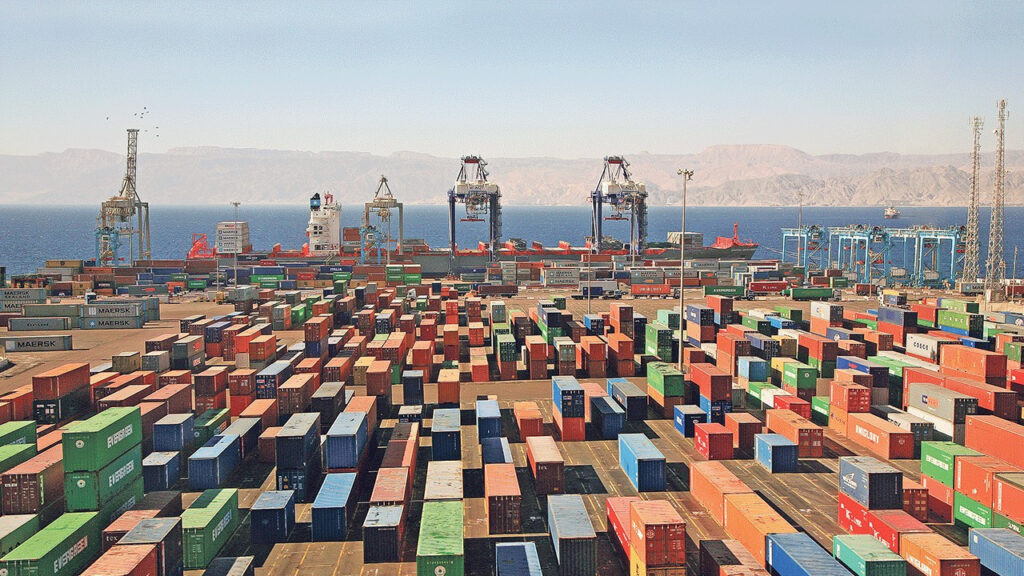Turkish exporters with firm orders are looking at ways to send their goods to Israel via third countries after Turkey halted bilateral trade, four export company owners told Reuters, saying the decision had caught them by surprise.
Trade Minister Ömer Bolat said on May 3 that Turkey will not resume trade with Israel, worth around $7 billion a year, until a permanent ceasefire is secured in the war in Gaza with unhindered humanitarian aid flowing to Palestinians there.
Attending Bolat’s press conference, the owner of a household goods exporter said the trade halt had wrongfooted them, with goods held up at customs, leaving them seeking alternative routes.
“We struggled with customs throughout the day and did not understand what the problem was. The system was closed before the ban decision was announced,” he said.
The owner of a food exporter said the halt in trade also meant blocking goods destined for the Palestinian territories, which have to pass through Israeli customs.
“The Palestinian people will also suffer,” he said. “We will see if we can send the orders via Egypt, Jordan or Lebanon. I don’t know how we’ll get out of this situation.”
The head of a chocolate and confectionery exporter said his company had products produced specifically for the Israeli market, with packaging entirely in Hebrew.
“It is a big material loss for us. There are companies in Israel from which we have receivables and to whom we owe money. What will happen to these receivables when trade stops?” he said, adding that they would seek a solution after talks with their trade partners in Israel.
Turkey is the first of Israel’s key trade partners to halt exports and imports over the war in Gaza.
Turkey halts trade with Israel until permanent Gaza ceasefire
The new ban covers all remaining trade, amounting to $5.4 billion in Turkish exports – or nearly 6% of all of Israel’s imports – and $1.6 billion in imports to Turkey last year.
Top Turkish exports to Israel are steel, vehicles, plastics, electrical devices and machinery, while imports are dominated by fuels at $634 million last year, Turkish trade data show.
Wall Street bank JPMorgan said the halt may marginally raise price pressures for goods in Israel in the short term.
Israeli Foreign Minister Israel Kat said blocking ports for Israeli imports and exports ignores trade deals, adding on social media platform X that Israel would work toward alternatives for trade with Turkey.
However, Meltem Saribeyoglu-Skalar, professor at Marmara University’s Faculty of Law, said the move is likely a legal counter-measure by Turkey against Israeli breaches of universally accepted rules of humanitarian law in Gaza.
Turkey has denounced Israel’s military campaign in Gaza, sent thousands of tons of aid for Gazans and, this week, said it would join South Africa’s genocide case against Israel at the International Court of Justice (ICJ).
Israel denies committing acts of genocide in Gaza or violating humanitarian law there despite the number of Palestinians killed in Gaza has reached 34,622, while that of injured who have been hospitalized totals 77,867.
Sinan Ulgen, a former Turkish diplomat and director of the Centre for Economic and Foreign Policy Studies, said the move is widely backed by Turks given the “the common opinion that the government’s reaction towards Israel has been inadequate”.
The Turkish Exporters Assembly said the country would have to trim year-end export targets toward $260 billion from $267 billion unless trade resumes with Israel in a couple of months. Exports to Israel are down 24% through April this year compared with 2023, its data show.
Source: Duvar


